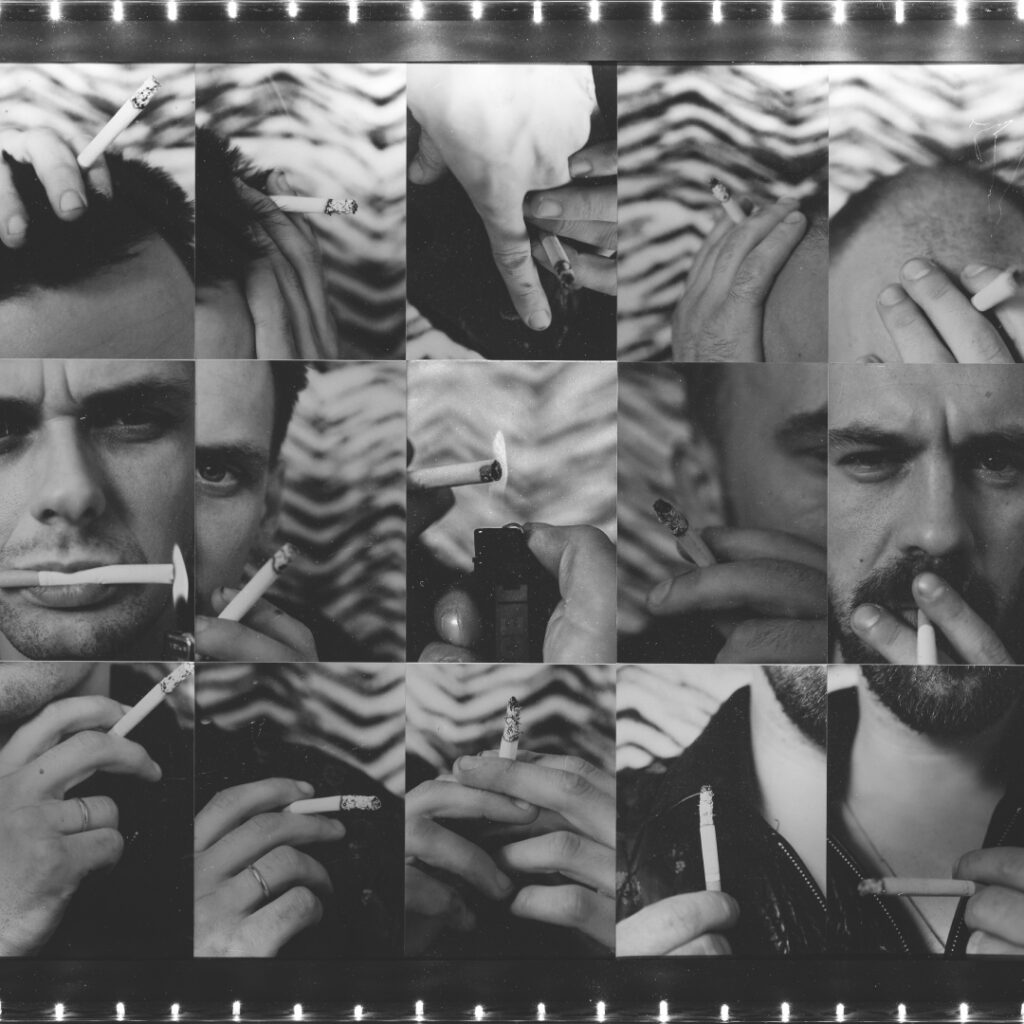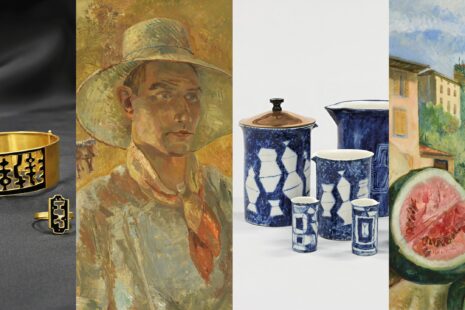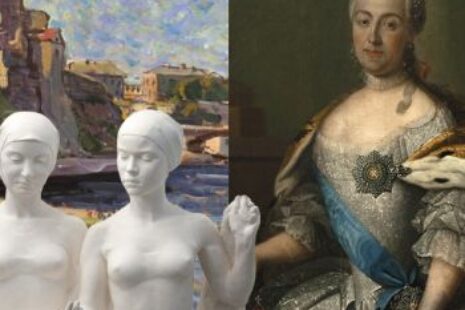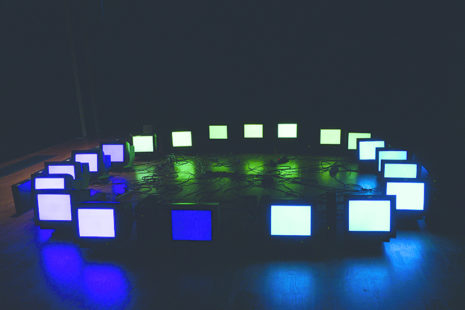The group was born on a summer night in August 1992, when two young photographers came to the conclusion that, in the midst of turbulence, the most important thing was to survive as artists. In order to achieve this, they created a group which was simultaneously involved in the fields of art and advertising.
The works of DeStudio cannot be separated from their era, the beginning of the 1990s in which everything was changing and society was remoulding itself: at once funny, brutal, and exciting. This is probably the reason for DeStudio preferring to work with collages in which the whole was disassembled into parts and various fragments were assembled in an illogical and surreal manner. The work is often executed robustly; a frequently-used motif, however, is the body of a human being (often a pop star) which has been torn apart or is erotically captivating. The arrogant formats and ironic approach were also associated with this era in which former hierarchies were crumbling and no new ones had yet been established in their place.

Photography in Estonia was pushed into its own niche in this period. As a rule, it was not included in art exhibitions until the beginning of the 1990s. Then the art world was conquered by a number of photographers who were in their thirties and whose creations dealt with all kinds of social, political, and personal issues in a fresh, conceptual, playful, and forceful manner. DeStudio, one of the first to break through, also stepped onto the stage in this period. The fact alone that a photography group had begun displaying their work in art galleries and exhibitions was somewhat unexpected. DeStudio was also amongst the first photography artists whose work was purchased by art museums which thereby finally accepted photography as part of the art landscape.
DeStudio also operated as an advertising agency which was able to offer a comprehensive series of solutions, from slogans to design. They were extremely successful, becoming one of the best-known agencies in Estonia, as their anarchist approach matched the spirit of capitalism of the beginning of the 1990s, when everything was still undecided and new forms were only then being created. When society eventually became more stable and dull, however, the playfulness of DeStudio no longer matched the new rules which petrified advertising, squeezing it down into uninspired marketing. Most of their craziest adverts would destroy their client’s reputation in today’s world.
Herkki-Erich Merila and Peeter Laurits got to know each other as children while growing up in the same neighbourhood. In the 1980s, both men became involved in photography, with Merila taking a more raw, rebellious, anarchistic approach, while Laurits was the more lyrical, figurative, surrealist one. Having already cooperated previously, the men were in a tight creative dialogue for several years within the DeStudio framework. They did not divide their duties though. Their work was born through open intervention, being modified and shifted in the course of exchanging ideas. Both of them were allowed to intervene in each creative phase and make changes.
‘Hangover’ can be seen in Fotografiska Tallinn from 28 May to 03 October. The exhibition is complemented by a brand new, voluminous 300-page photography book which includes a wide selection of the work of DeStudio.
In addition, the public can watch the short film “DeStudio. Hangover. Pohmelus” (director Marianne Kõver) in the exhibition space.
Gallery name: Fotografiska Tallinn
Address: Telliskivi 60a/8, Tallinn
Opening hours: Mon, Sun 09:00 - 21:00, Tue-Thu 09:00 - 23:00, Fri-Sat 09:00 - 01:00
Open: 28.05.2021 - 03.10.2021







